Great Changes in Shibadong Village
双语丨十八洞村巨变 精准扶贫谱写希望
编者按:精准扶贫战略思想已走过近五年,昔日的十八洞村变为乡村旅游的“香饽饽”,“四好公路”辟通途,产业搭上“互联网+”发展快车……这片土地发生着翻天覆地的变化,希望在田野上蔓延。
湖南省花垣县十八洞村,“精准扶贫”重要思想首倡地。2016年,十八洞村人均纯收入达到8313元,实现整村脱贫。
Shibadong village in Huayuan County, Hunan Province, is an initial place benefited by the work of targeted poverty alleviation. The village has turned its fortunes around with tourism and a kiwi plantation. The per capita net income of villagers was 8,313 yuan in 2016, and the entire village was lifted out of poverty.
旅游产业
Tourism
群山深处的十八洞村自然风光秀美。近几年,众多游客追寻着“精准扶贫”的足迹来到这里,红色旅游资源成为村里一张闪亮“名片”。将旅游产业作为十八洞村“乡村振兴”的着力点,已经成为全村人的发展共识。
Shibadong village has become an attraction for sightseers, and tourism becomes a pivotal part of the local economy, tapping the potential of its ethnic flavour, traditional buildings, ecological environment, and the karst caves for which the village is named.
2017年,十八洞村共计接待游客26万人次。
In 2017, the village received 260,000 visitors.
精准扶贫激活自我“造血”功能
Development based on real situations
留守妇女组建苗绣合作社,在家门口就业。
Women are making Miao ethnic embroidery.
特色种植、养殖初具规模,乡村旅游热火朝天,电商扶贫正在起步,在精准扶贫政策的带动下,十八洞村不仅激活了自我“造血”功能,顺利脱贫摘帽,2017年的人均纯收入也达到了10180元。
As a result of the growing number of tourists, many cooperatives, such as one for raising pigs and another to cultivate honeybees, are flourishing, as are family-based businesses, such as Miao ethnic embroidery and home restaurants. E-commerce promotes the sales of the products. The per capita net income of the villagers was 10,180 Yuan in 2017.
猕猴桃产业
Kiwi fruit plantation
猕猴桃已经是湘西的一种地标性产业,产业链已经十分完善。2014年,十八洞村驻村扶贫工作队确定了以乡村游为长期产业,猕猴桃为中期产业和稻花鱼等其他种养殖为短期产业的发展模式。
The local government has endeavored to explore new methods and develop suitable industries to eliminate poverty. One of the biggest projects is a collectively owned kiwi fruit plantation, which was started in 2014.
湘西花垣十八洞村,耕地以山地为主,农耕条件很差。十八洞村人因地制宜,在十八洞村境内流转100亩土地建设精品猕猴桃示范基地,后又在花垣县现代农业科技示范园流转土地900亩,创办了十八洞村最大的产业项目1000亩猕猴桃产业园,农户以入股的方式受益。
Without enough farmland, they creatively transferred land and rented about 67 hectares from another village. They then mortgaged the land management rights to secure a bank loan of about 10 million yuan so they could farm the extra hectares. The kiwi trees will start bearing fruit 2017, and the plantation is eventually expected to bring each villager about 10,000 yuan every year.
“十八洞村”的山泉水产业
Shibadong Mineral Water
“十八洞村”的山泉水产业,也成为十八洞村精准扶贫、脱贫发展的缩影。这瓶走出大山的水已成为十八洞村产业扶贫的重点项目。水厂确实促进了当地村民的就业。水厂每年按“50+1”的形式给村集体分红,即每年给村集体保底分红50万元,每生产一瓶水再拿出1分钱注入村扶贫基金,实现共享发展、互利共赢。
Shibadong mineral water is the typical example of local industrial development promoted by target poverty alleviation.
《十八洞村》:见证中国奇迹!这部电影美成了大片
Film “Shibadong Village”
该影片以国家实施“精准扶贫”战略为大背景,取材于湘西十八洞村的真实事迹。
Set in the national strategy of “targeted poverty alleviation” , the film derived from true stories of Shibadong Village, Xiangxi Tujia-Miao autonomous prefecture.
影片用诗意的电影语言描叙当下乡村居民的内心世界,折射出时代的变迁,引发人们对于如何脱贫和怎样才是真正脱贫的思考。
The film depicts the inner world of villagers and reflects the change of time in a poetic film language, which causes the audience to think about how to shake off poverty and to what degree in poverty alleviation.
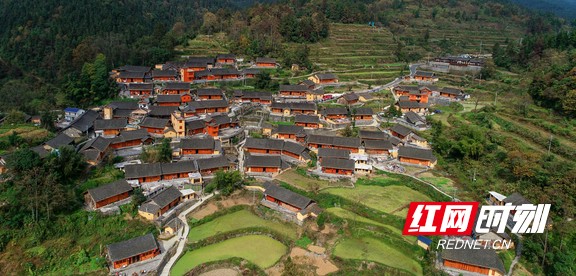

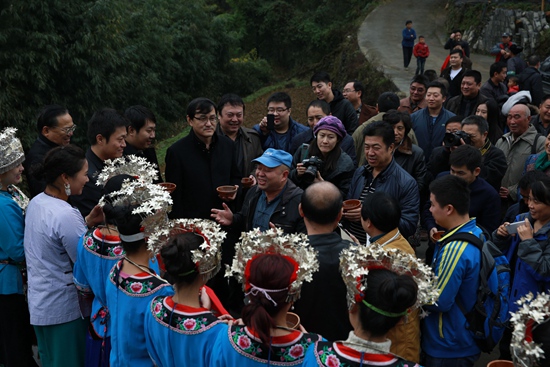
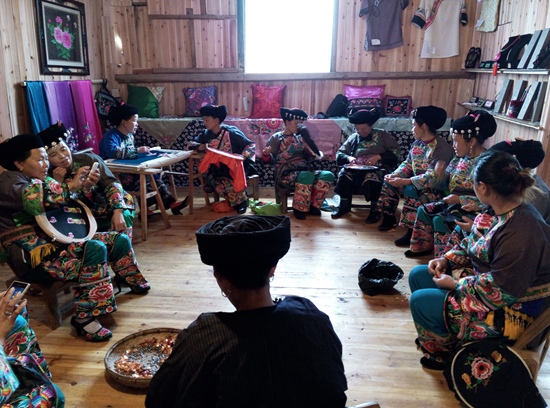
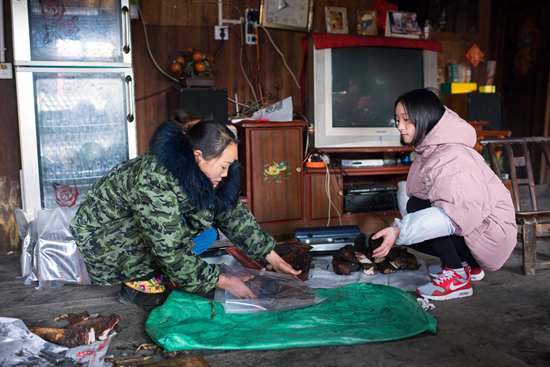

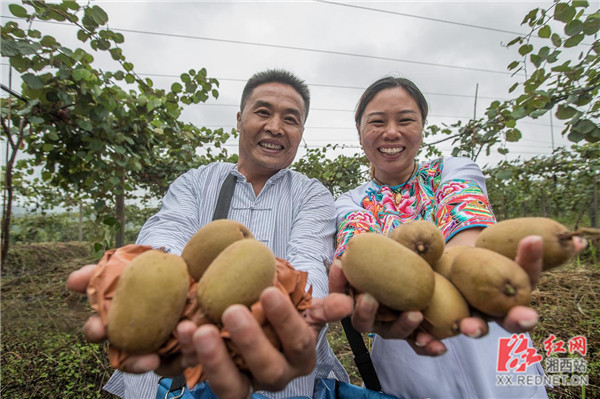
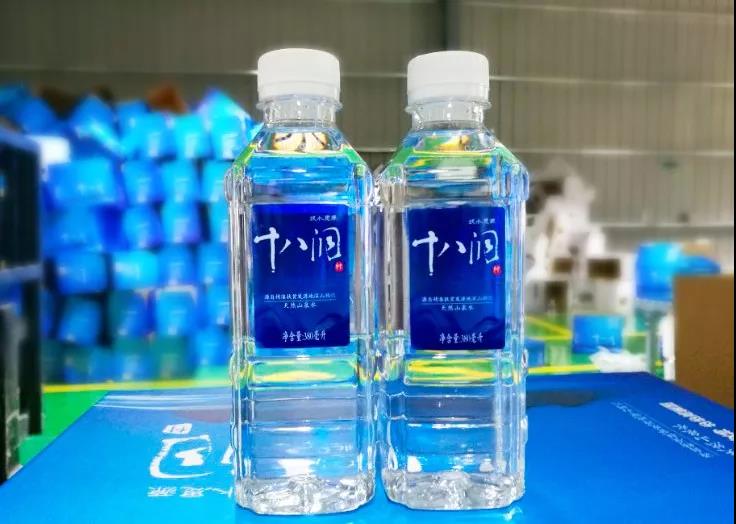

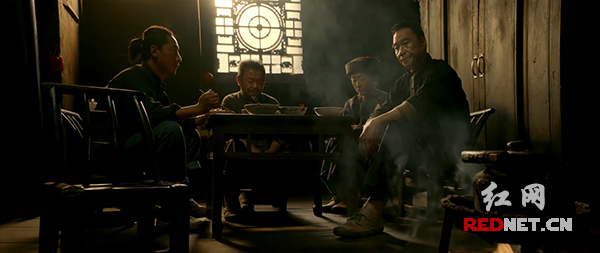
Great Changes in Shibadong Village, Hunan Province
Editor:李莎宁
Source:红网
Updated:2018-04-26 15:49:49
Source:红网
Updated:2018-04-26 15:49:49
Special
Contact
Welcome to English Channel! Any suggestion, welcome.Tel:0731-82965627
lisl@rednet.cn
zhouqian@rednet.cn











